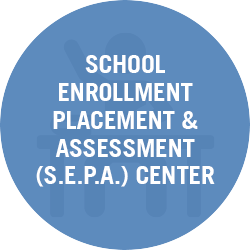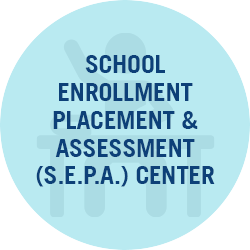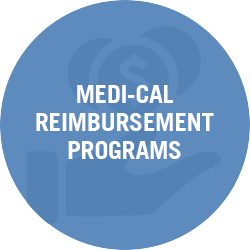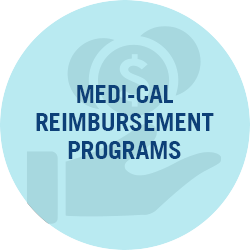- Los Angeles Unified School District
- Medi-Cal Reimbursement Programs
Medical Services Division
SMS Rotator
-
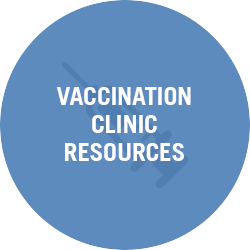
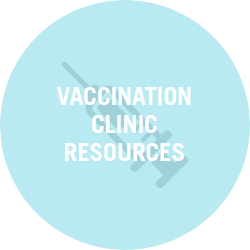 Vaccination Clinic Resources
Vaccination Clinic Resources
Vaccination Clinic Resources
Tap again to continue
Vaccination Clinic Resources
Vaccination Clinic Resources
Vaccination Clinic Resources
Tap again to continue -
 Employee Resources
Employee Resources
 Employee Resources
Employee Resources
Tap again to continue
Employee Resources
Employee Resources
Tap again to continue
-
Local Education Agency (LEA) Collaborative Board
California law requires that each school district participating in the LEA Medi-Cal Billing Option form a community collaborative group to make decisions on the reinvestment of funds returned to school districts. The Los Angeles Unified School District (LAUSD) LEA Collaborative membership is made up of community and District representatives, including Los Angeles County and LAUSD representatives, from a variety of employee groups, UTLA, and parents. The Collaborative funds supplemental health and human services for the purpose of supporting academic success. The LEA Collaborative Board meets quarterly and documents its activities by way of a mandated Annual Report submitted to the California Department of Health Care Services (DHCS).
-
Contact
Manager:
Margarita Bobe
Medi-Cal Reimbursement and Cost RecoveryE-mail:
margarita.bobe@lausd.net

